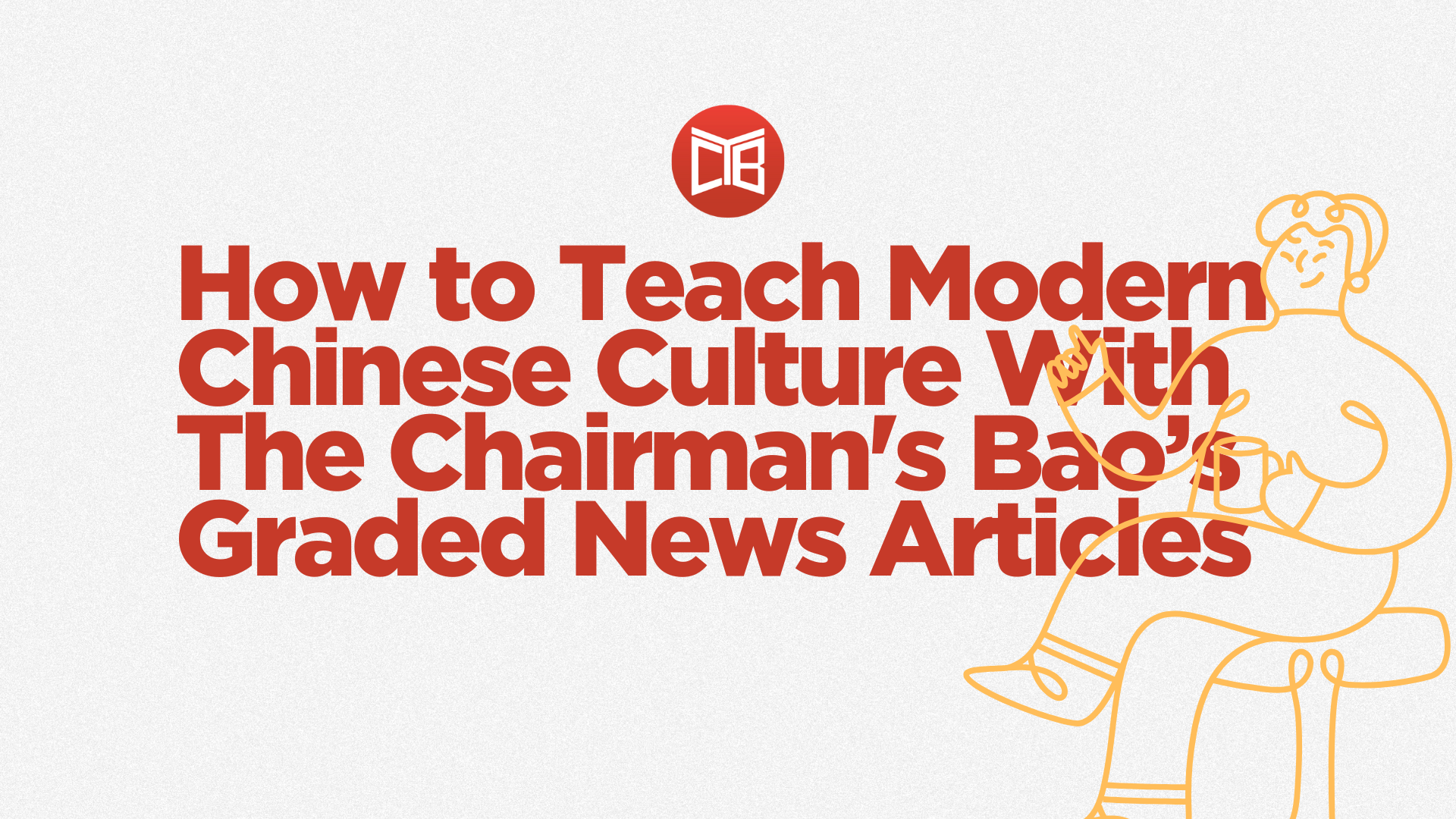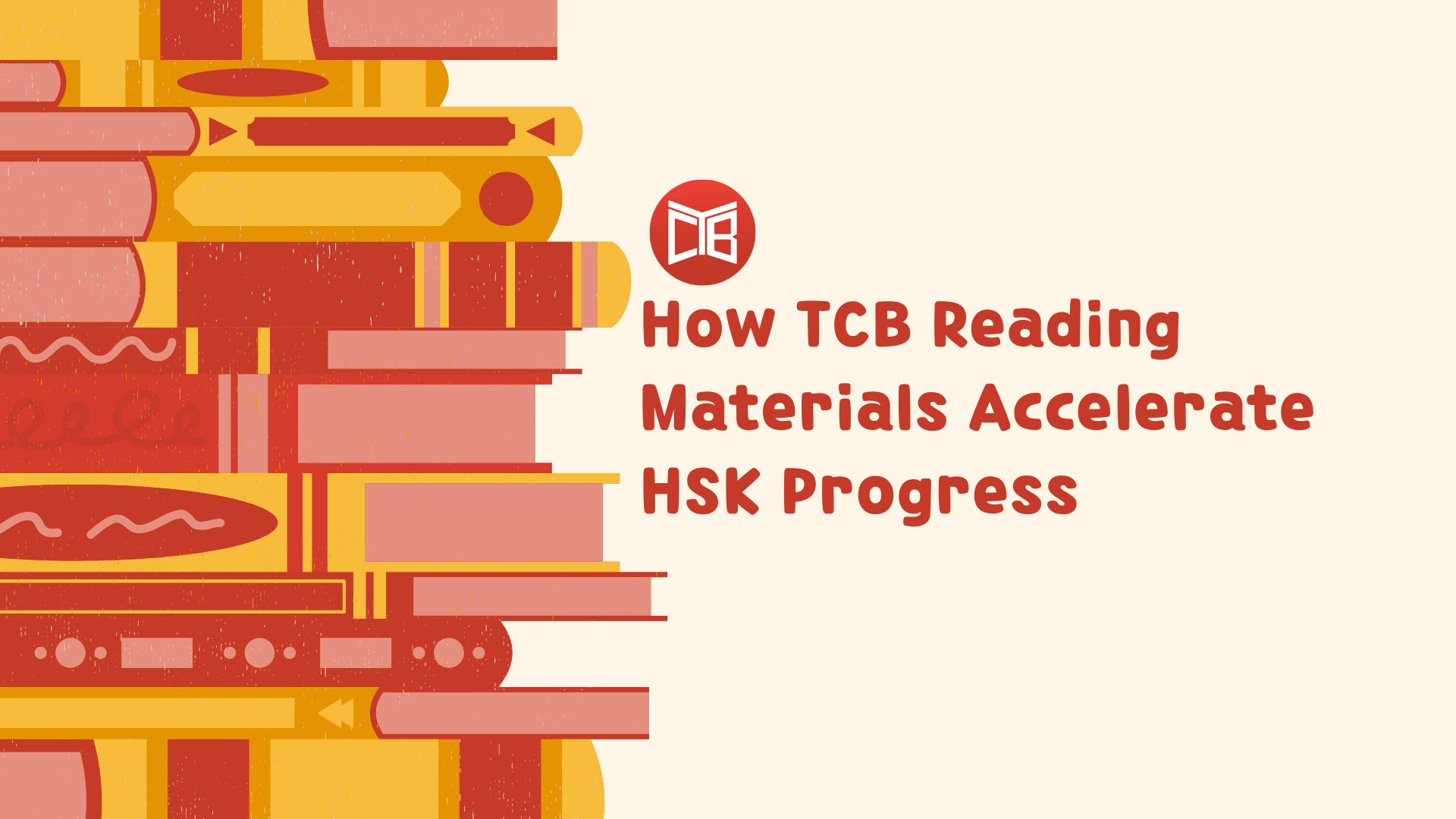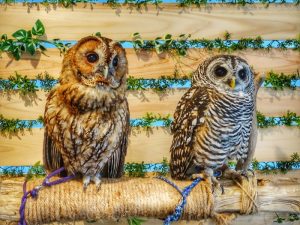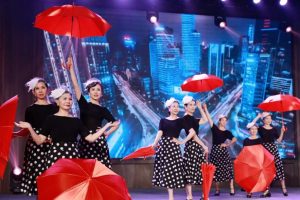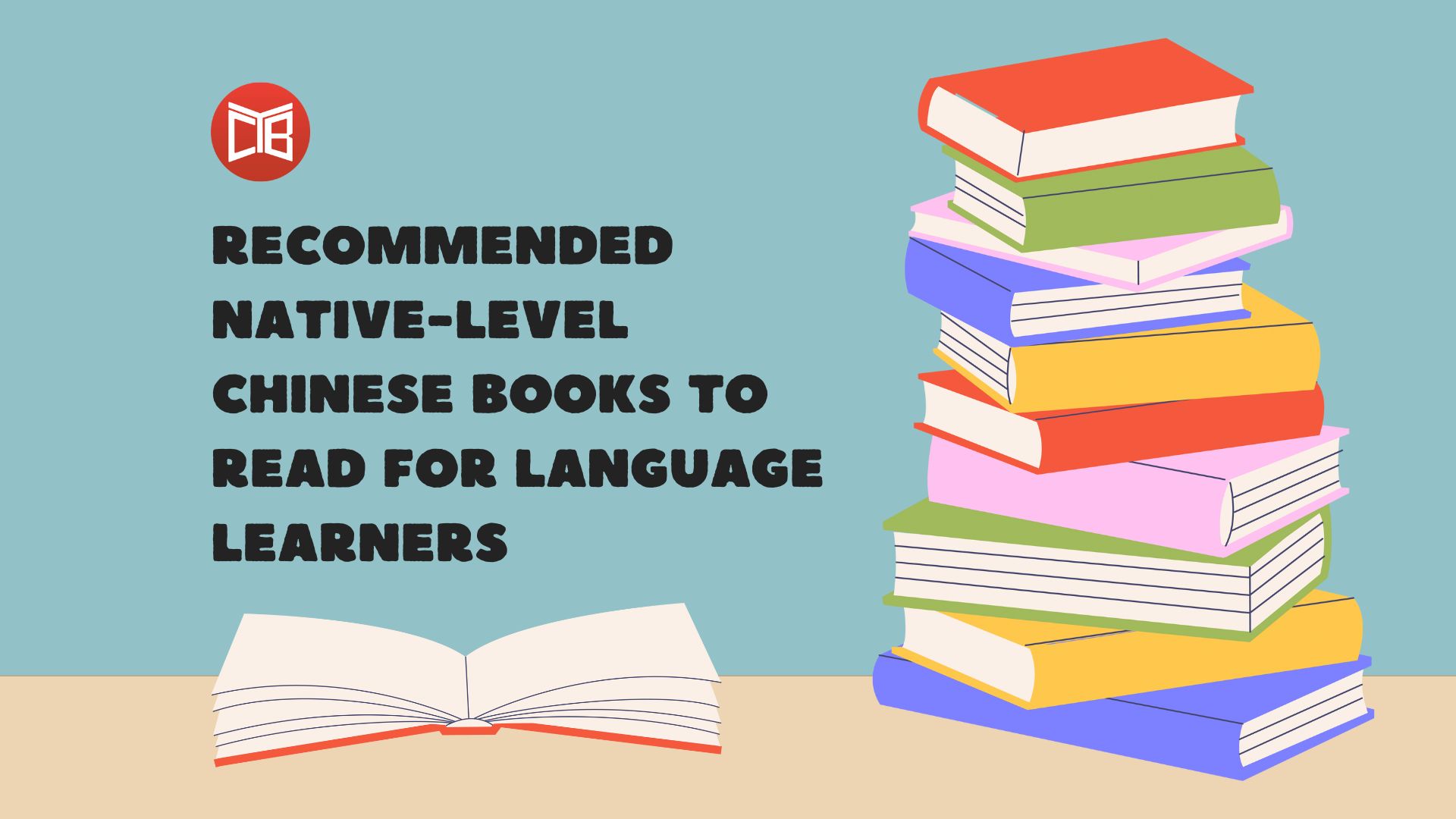
If you’re an advanced Mandarin learner asking, “What native-level Chinese books should I read?”, you’re in the right place.
In this guide, we’ve curated a list of recommended native Chinese books across genres and time periods, from classical epics like Dream of the Red Chamber and Journey to the West to modern novels like To Live and The Three-Body Problem. These works not only strengthen your vocabulary and reading comprehension, but also immerse you in the values, humor, and rhythm of the Chinese language as it’s naturally used.
But make no mistake, it’s challenging. Native texts can include complex idioms, literary references, and cultural layers. Yet the rewards are just as rich: deeper understanding of Chinese society, sharper language intuition, and exposure to beautiful, authentic storytelling.
In this guide, you’ll find recommended books across genres and time periods, from classical masterpieces to modern bestsellers. Whether you’re into historical epics, literary fiction, or contemporary culture, there’s something here to challenge and inspire your Mandarin journey.
What Are the Most Famous Books in Chinese Literature?
These are the giants of Chinese literary history, the ones every educated native speaker knows. While they’re written in Classical Chinese (文言文), which differs significantly from modern spoken Mandarin. Reading them is a challenge, but they offer rich cultural insight and foundational stories every serious Chinese learner should know. They’re full of idioms and cultural themes that still shape Chinese thinking today.
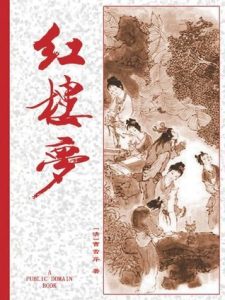
- 《红楼梦》 Dream of the Red Chamber – Cao Xueqin (18th century)
This is one of China’s Four Great Classical Novels; it is richly layered, symbolically complex, and deeply emotional. It’s studied not only for its literary beauty but for its insight into Qing dynasty society, Confucianism, gender roles, and human nature.
At the heart of this sprawling, semi-autobiographical novel is the tragic love triangle between Jia Baoyu, his cousin Daiyu, and the more pragmatic Baochai. But the story expands far beyond romance, it follows the rise and decline of the wealthy Jia family, examining life within the grand household, its customs, ceremonies, and spiritual practices.
This book is great for learners because it deepens their understanding of traditional Chinese society and literary aesthetics. It offers valuable exposure to poetic idioms, family structures, and classical Confucian ideals, all of which are essential elements of Chinese culture. To fully appreciate and comprehend the material, it’s best read with annotations, glossaries, or dual-language editions. Overall, it’s a must-read for anyone serious about mastering the Chinese language and gaining a deeper insight into its rich cultural heritage.
Language Note: Highly poetic; includes Classical Chinese and symbolic, idiomatic expressions. Use an annotated version to support comprehension.
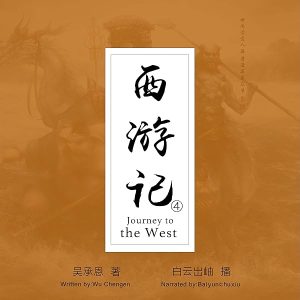
- 《西游记》 Journey to the West – Wu Cheng’en (16th century)
This beloved novel blends thrilling storytelling with Buddhist and Daoist philosophy. It’s full of humor, mischief, and spiritual growth, and it remains one of the most widely adapted stories in Chinese pop culture.
The novel follows the monk Tang Sanzang on a perilous pilgrimage to India to retrieve sacred scriptures. He’s joined by three disciples: the rebellious Monkey King (Sun Wukong), the greedy Pigsy, and the loyal but dull Sandy. Along the way, they fight demons, pass spiritual tests, and face internal struggles.
This book is highly entertaining, with plenty of action and humor that make it easier for learners to follow and stay engaged. It’s rich in myths, idioms, and cultural references that are still widely used in modern Chinese, offering valuable cultural context. Additionally, there are many abridged and simplified versions available, making it more accessible to learners at different proficiency levels.
Language Note: Mix of Classical and vernacular Chinese; look for modern adaptations for easier reading.
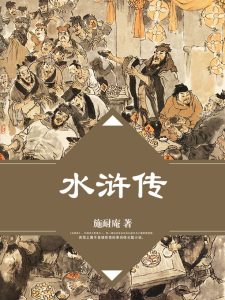
- 《水浒传》 Water Margin – Shi Nai’an (14th century)
This novel celebrates rebellion against corruption and glorifies the bond of brotherhood, which are values deeply ingrained in traditional Chinese culture.
The story follows 108 outlaws who gather at Liangshan Marsh to form a righteous band against oppressive officials. Each character has their own dramatic backstory, from unjust imprisonment to acts of vengeance. The plot is full of battles, betrayals, loyalty tests, and larger-than-life personalities. Think of it as China’s “Robin Hood” with a rougher, more tragic edge.
This book is great for learners because it teaches vocabulary related to loyalty, warfare, justice, and social order, which are core themes in Chinese history and literature. It also introduces regional dialects and traditional masculine archetypes, offering a broader linguistic and cultural perspective. Ideal for those interested in Chinese martial culture and folklore, it provides both linguistic enrichment and cultural depth.
Language Note: Archaic phrasing, military terms, and regional slang may pose challenges. Annotated versions are helpful.
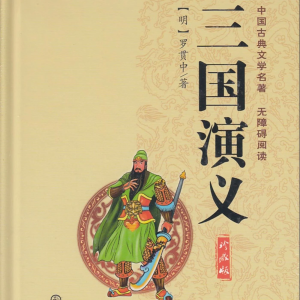
- 《三国演义》 Romance of the Three Kingdoms – Luo Guanzhong (14th century)
This is the ultimate novel of strategy, diplomacy, and loyalty. Plus, its characters and stories are embedded in Chinese idioms, proverbs, and leadership culture.
Set at the end of the Han Dynasty, the novel dramatizes the power struggles between the warlords Liu Bei, Cao Cao, and Sun Quan. Famous figures like the wise strategist Zhuge Liang and the fearless general Guan Yu come alive through tales of cunning, loyalty, and betrayal. The plot spans decades and dozens of battles, forming a sweeping political saga.
This book is ideal for learners interested in Chinese history, military strategy, and philosophy. It explains the origins of hundreds of idioms and cultural expressions that are still relevant today, providing valuable linguistic and cultural context. Additionally, it offers insight into traditional leadership ideals and loyalty codes, deepening the learner’s understanding of the values that have shaped Chinese society for centuries.
Language Note: Classical prose with dense historical and political vocabulary. Challenging but rewarding for learners ready for deep cultural immersion.
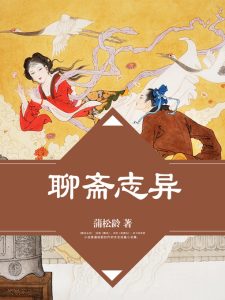
- 《聊斋志异》 Strange Tales from a Chinese Studio – Pu Songling (17th century)
These short stories offer a fascinating look at Chinese folklore, with ghosts, spirits, and shape-shifting demons who often challenge moral and social conventions.
This is a collection of supernatural stories, which features a blend of fantasy, horror, and social commentary, showcasing ghostly encounters, mythical creatures, and the complexities of human relationships. The stories often explore themes of love, betrayal, and the supernatural, while also critiquing societal norms and political corruption.
This book is great for learners because its short story format makes it easy to digest in small doses, allowing for flexible and focused study. It introduces traditional beliefs, ghost lore, and classical irony, offering a fascinating glimpse into the supernatural and moral imagination of ancient China. Additionally, it’s an excellent resource for studying Classical Chinese in compact, poetic forms, making it both linguistically enriching and culturally engaging.
Language Note: Classical Chinese, but manageable due to the short story structure. Use glossaries or parallel translations.
III. Which Modern Chinese Books Are Great for Language Learners?
These works were written in vernacular Chinese (白话文), making them more linguistically accessible to advanced learners. They explore themes of personal struggle, political upheaval, and social change.
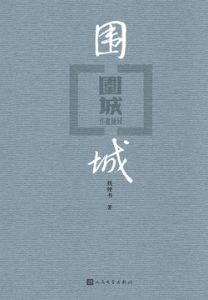
- 《围城》 Fortress Besieged – Qian Zhongshu
This book is a brilliant, ironic portrait of Chinese intellectuals and Western-educated elites, and is beloved for its sharp wit and literary sophistication.
The story follows Fang Hongjian, a disillusioned Chinese man returning to China with a fake diploma. He stumbles through a series of aimless relationships and academic jobs, trying to find meaning in a society riddled with hypocrisy, vanity, and failure. The novel explores themes of love, marriage, and societal hypocrisy, using the French proverb “Marriage is like a fortress besieged: those who are outside want to get in, and those who are inside want to get out.”
This book is great for learners because it’s full of clever wordplay and elegant language, making it both intellectually stimulating and enjoyable to read. It introduces themes such as academia, marriage, and urban intellectual life, offering a nuanced view of modern Chinese society. Rich in cultural references from both Chinese and Western traditions, it provides valuable insight into cross-cultural dialogue and the evolution of contemporary Chinese thought.
Language Note: Elegant, ironic prose with nuanced humor. Best suited for advanced learners or those with annotated editions.
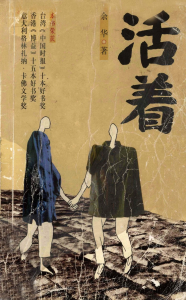
- 《活着》 To Live – Yu Hua
This simple yet profound novel traces the resilience of one man who survives immense personal and political upheaval. It’s emotionally powerful and linguistically accessible.
The novel tells the story of Fugui, a man whose life spans the tumultuous 20th century in China, from the pre-revolutionary era to the Cultural Revolution. Through Fugui’s experiences, the novel explores themes of resilience, human suffering, and the enduring spirit of survival amidst political and social upheaval.
This book is great for learners because it uses clear, emotionally resonant language that is both accessible and powerful. It offers a ground-level view of modern Chinese history, presenting personal and societal struggles in a way that is deeply human and relatable. By exploring universal themes such as suffering, love, and endurance, it allows learners to connect emotionally while gaining a deeper understanding of China’s modern experience.
Language Note: It is simple, direct, and moving, and is excellent for intermediate to advanced learners.
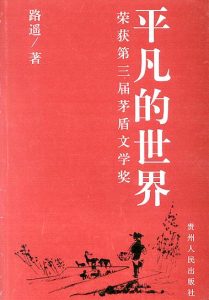
- 《平凡的世界》 Ordinary World – Lu Yao
An epic of rural struggle and social change, this novel spans the lives of ordinary people in 1970s–80s China and is widely read by students across the country.
The novel is about two brothers, Sun Shaoan and Sun Shaoping, and their different paths in life, highlighting the struggles and aspirations of individuals during a period of significant social transformation.
This book is great for learners because it’s packed with contemporary vocabulary related to work, education, and society, making it highly relevant for modern language use. It features realistic dialogue and a strong narrative structure, which helps learners absorb natural speech patterns and follow the storyline with ease. Overall, it’s an excellent resource for building practical language skills in a meaningful context.
Language Note: Clear, relatable language. Great for upper-intermediate and advanced learners.
IV. What Are the Most Popular Chinese Books in Recent Years?
These are the books Chinese people are reading right now; on the subway, in coffee shops, or discussed in online forums. While written in modern Mandarin, these books vary in tone, subject matter, and complexity. For learners, they’re a goldmine of colloquial language, pop culture references, and current social issues, offering an authentic peek into today’s China.
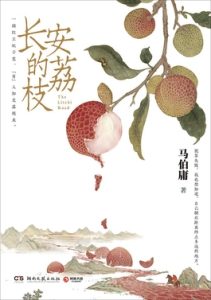
- 《长安的荔枝》 The Lychee of Chang’an – Ma Boyong
Ma Boyong has become one of China’s most beloved modern historical fiction authors. His stories mix sharp wit, intricate plots, and engaging characters, often based on real historical events with a twist.
This novel follows an imperial courier tasked with delivering fresh lychees to the Emperor’s favorite concubine; a journey full of political intrigue, logistical nightmare, and cultural insight. While set in the Tang dynasty, the book uses humor and a modern narrative style to make the past come alive.
This book is great for learners because it uses modern, readable Chinese despite its historical setting, making it accessible without sacrificing cultural depth. It introduces traditional customs and Tang dynasty culture in a clear and digestible way, providing valuable historical context. The narrative also offers rich vocabulary related to politics, logistics, and daily life, helping learners build a well-rounded linguistic foundation. It’s a fantastic entry point for those interested in historical themes but not yet ready to tackle Classical Chinese.
Language note: Light, witty, and rich in historical references.
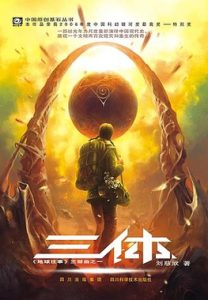
- 《三体》 The Three-Body Problem – Liu Cixin
This Hugo Award-winning novel catapulted Chinese science fiction into global recognition. It’s a complex, thrilling, and thought-provoking work that appeals to readers interested in science, technology, and the future of humanity.
The novel explores humanity’s first contact with an alien civilization, the Trisolarans, whose planet is part of a chaotic three-body system, hence the title. The story spans multiple time periods, from the Cultural Revolution in China to the near future, and involves scientists, military personnel, and ordinary people caught up in the escalating crisis.
This book is ideal for advanced learners with a background in science or technology, as it teaches specialized vocabulary related to science, space, politics, and futurism. It provides a unique perspective on how modern Chinese thinkers grapple with complex issues at the intersection of science and morality. For learners interested in both language and contemporary intellectual discourse, it offers a compelling and thought-provoking reading experience.
Language note: Technical vocabulary, but captivating storytelling.
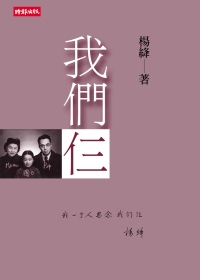
3.《我们仨》 We Three – Yang Jiang
Yang Jiang, the widow of famed writer Qian Zhongshu, was a beloved figure in Chinese literary circles. This short, beautifully written memoir is a quiet, moving tribute to love, loss, and memory.
The book is a memoir that recounts the lives of Yang, her husband Qian Zhongshu, and their daughter Qian Yuan, focusing on their close-knit family life and the challenges they faced together. The book is divided into two parts: the first part uses dreams and memories to depict their family’s resilience during difficult times, while the second part narrates their life together from 1935 to 1998, encompassing their studies abroad, the birth of their daughter, and the political upheavals in China.
This book is great for learners because it is written in clear, elegant, and emotionally resonant modern Chinese, making it both accessible and moving. It helps learners build vocabulary related to family, grief, and everyday emotion, enriching their ability to express complex personal experiences. As a great introduction to memoir-style writing, it offers insight into personal reflection and narrative voice. Additionally, it reflects Confucian values, intellectual humility, and a rich inner life, offering cultural depth alongside linguistic development.
Language note: Clear, elegant prose that resonates emotionally.
V. How Difficult Is It to Read Native-Level Chinese Books?
Reading native-level Chinese is hard, there’s no sugarcoating it. You’ll encounter idioms and proverbs that require cultural knowledge, lack of pinyin or translation support, colloquialisms and regional dialects, as well as dense descriptions or abstract ideas.
But the rewards are worth it. You’ll internalize grammar patterns, expand your vocabulary far beyond textbooks, and absorb the rhythm of how Chinese is actually written.
Reading native-level Chinese texts can feel daunting, especially when you’re faced with unfamiliar idioms, dense prose, or cultural references that don’t come with explanations. That’s why it’s important to build up gradually, ideally with structured exposure to real-world content. One of the best tools available for this is The Chairman’s Bao (TCB).
TCB is an online graded readers platform tailored for Chinese learners. TCB publishes daily articles on current events in China and around the world, with content graded from HSK1 to HSK6+, making it easy to find reading material suited to your level. For those wanting a break from the news, their “Legends” section features historical folktales and mythology, which are ideal for learners at HSK2 and above. With built-in audio, a pop-up dictionary, grammar notes, flashcards, and more, TCB bridges the gap between classroom learning and authentic reading, helping learners build the confidence and skills needed to tackle native-level texts.
TCB’s newly upgraded mobile app takes everything students love about the platform and delivers it in a sleek, distraction-free interface, complete with offline mode, progress tracking, and video lessons like Frank Talks for intermediate and advanced learners. Whether you’re on a commute or curled up at home, TCB makes it easy to develop a consistent reading habit, one of the most powerful ways to reach fluency.
If you’re ready to start reading native-level Chinese, but want a smoother on-ramp with built-in support, The Chairman’s Bao is a serious study tool that will grow with you. It bridges the gap between textbook learning and authentic Chinese, making the leap into native texts not just manageable, but genuinely enjoyable.
Start with what interests you most, and don’t worry if you can’t understand every word. Even struggling through a page is progress. Over time, you’ll read faster, understand more, and begin to think in Chinese. Happy reading!
Q&A
Q1: What can I do if I get overwhelmed by unfamiliar vocabulary or idioms?
A: Use annotated editions or bilingual versions that provide definitions, explanations, or parallel translations. These can help you understand classical phrases, idioms, and cultural references without constantly reaching for a dictionary.
Q2: How can I improve comprehension while reading native texts?
A: Try listening to the audiobook alongside reading the physical or digital book. Hearing native pronunciation and rhythm can boost listening skills, reinforce vocabulary, and make the story more engaging and memorable.
Q3: What tools or apps can support me while reading?
A: Apps like Pleco, Youdao Dictionary, and are excellent for looking up words, reviewing definitions, and even saving vocabulary for later study. They help reduce frustration and keep your reading flow steady. You can consider using AI-powered chatbot apps too to help you learn Chinese!
Author Bio:
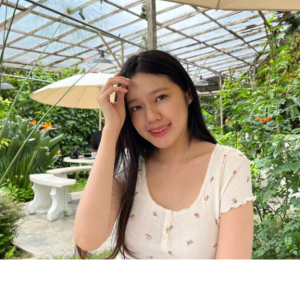
Wey Chynn is a native Chinese speaker from Malaysia with a deep-rooted passion for language and culture. With five years of experience as a Chinese-to-English translator, she specializes in delivering accurate and natural translations that preserve the essence of the original text. Growing up in a multilingual environment, she developed a keen understanding of linguistic nuances, enabling seamless and culturally sensitive translations.


